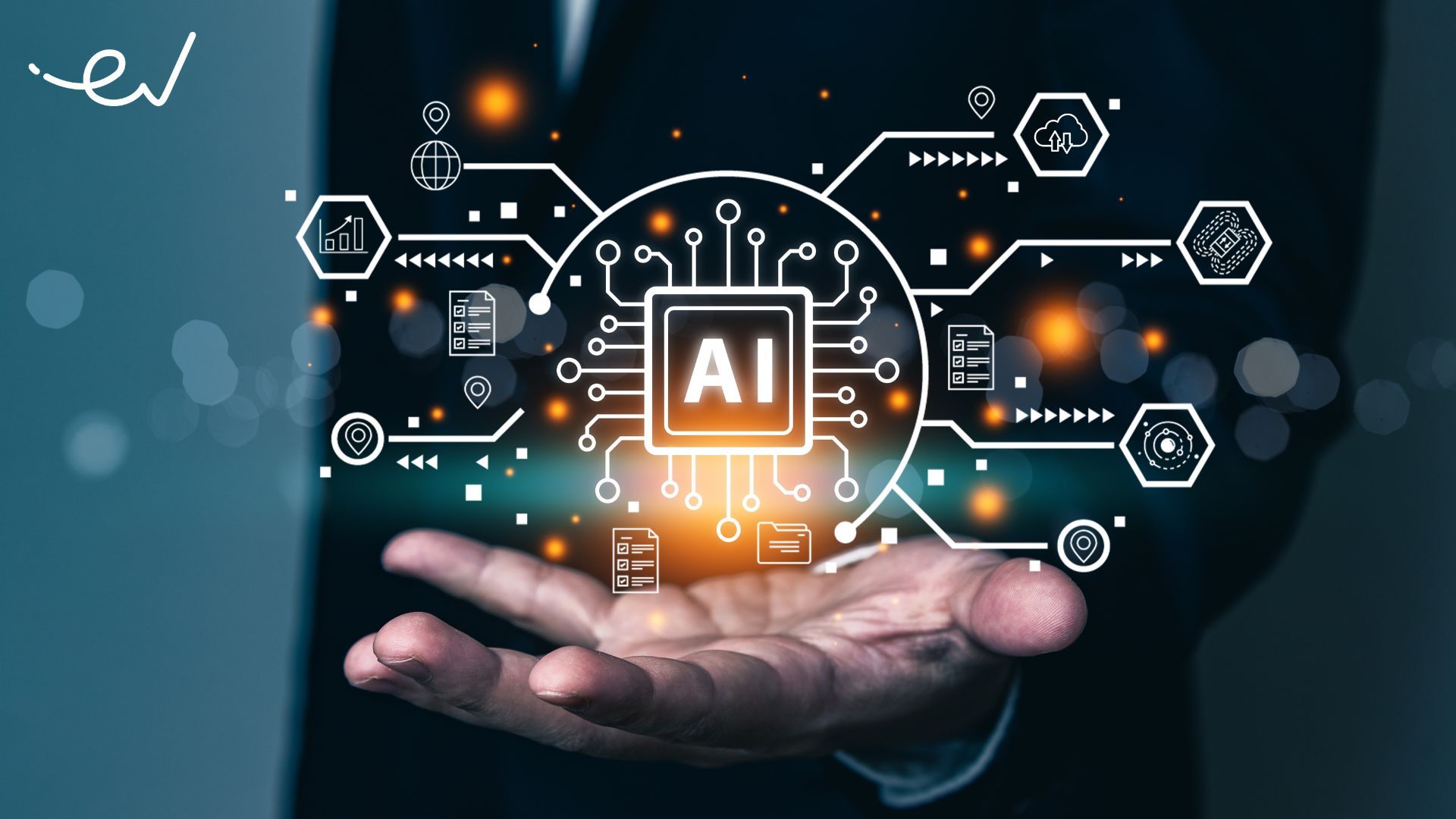How will Agentic AI Change the World
Published on 12/27/2024

Introduction
Artificial Intelligence (AI) is already transforming industries and reshaping the way we live, work, and interact. But the future promises something even more revolutionary: Agentic AI. Unlike traditional AI systems that follow predefined instructions, Agentic AI operates autonomously, making decisions and taking actions based on goals it defines or refines over time.
Agentic AI represents the next evolution of machine intelligence, and its impact could be as profound as the Industrial Revolution or the advent of the Internet. In this blog, we’ll explore what Agentic AI is, how it works, and the potential changes it could bring to the world.
What is Agentic AI?
Agentic AI refers to autonomous systems that can:
- Set Goals: Define objectives based on input and changing environments.
- Adapt: Learn from their experiences and refine their strategies without human intervention.
- Act: Make decisions and execute actions to achieve goals.
Unlike conventional AI, which requires human-defined tasks and objectives, Agentic AI possesses a level of self-directed agency that enables it to operate independently within set boundaries.
Key Characteristics of Agentic AI
- Autonomy:
Operates without direct human oversight, making decisions based on real-time data. - Learning and Adaptability:
Continuously learns from its environment and evolves its behavior to achieve better outcomes. - Goal-Oriented Behavior:
Focuses on achieving high-level objectives, even in dynamic and unpredictable scenarios. - Ethical Reasoning:
(In advanced implementations) Considers ethical implications and societal norms in decision-making.
How Agentic AI Works
Agentic AI combines several advanced technologies:
- Reinforcement Learning (RL):
Enables the AI to learn by interacting with its environment and receiving feedback in the form of rewards or penalties. - Natural Language Processing (NLP):
Helps Agentic AI understand and communicate with humans or other systems. - Neural Networks:
Powers deep learning capabilities to recognize patterns, make predictions, and improve decision-making. - Contextual Awareness:
Uses sensors, IoT, and data analytics to understand and adapt to its environment in real-time. - Ethics Modules (in development):
Incorporates frameworks for ensuring actions align with societal values and moral considerations.
Potential Applications of Agentic AI
1. Healthcare Revolution
- Autonomous Diagnosis: Agentic AI could monitor patient data and autonomously diagnose illnesses, even predicting outbreaks.
- Personalized Medicine: Designs treatments tailored to individual genetic profiles and lifestyles.
- Surgical Assistance: Performs complex surgeries with precision, adapting to unforeseen complications in real time.
2. Autonomous Transportation
Agentic AI can transform transportation by enabling fully autonomous vehicles that adapt to traffic patterns, weather conditions, and passenger preferences.
- Examples:
- Self-driving cars that optimize routes dynamically.
- Autonomous drones for logistics and deliveries.
3. Climate Change Mitigation
- Smart Energy Management: Adjusts energy usage dynamically across grids to optimize efficiency and reduce emissions.
- Environmental Monitoring: Tracks deforestation, ocean pollution, and wildlife populations, taking corrective actions autonomously.
4. Education
- Personalized Learning: Adapts curriculum and teaching methods to individual student needs and learning styles.
- AI Tutors: Provides 24/7 assistance, answering questions and guiding students through challenges.
5. Business and Industry
- Autonomous Operations: Manages supply chains, predicts demand, and optimizes inventory without human intervention.
- Customer Service: Chatbots and virtual assistants capable of resolving complex issues autonomously.
6. Space Exploration
- Autonomous Rovers: Agentic AI can manage deep-space missions, adapting to unforeseen challenges on distant planets.
- Astrophysical Research: Analyzes massive datasets from telescopes to identify patterns and make discoveries.
Challenges and Ethical Considerations
1. Accountability
Who is responsible when an autonomous AI makes a harmful decision?
2. Bias and Fairness
Agentic AI systems can inherit biases from training data, leading to unintended consequences.
3. Security Risks
Autonomous systems could be exploited or hacked, causing widespread disruption.
4. Job Displacement
Automation by Agentic AI could replace many human jobs, necessitating retraining and support for affected workers.
5. Ethical Boundaries
Ensuring Agentic AI operates within ethical and moral boundaries is critical, especially in sensitive areas like healthcare and defense.
The Future of Agentic AI
- Global Collaboration:
Governments, tech companies, and researchers must work together to establish regulations and guidelines. - Augmented Intelligence:
Agentic AI will likely work alongside humans, enhancing decision-making and productivity rather than fully replacing human roles. - General AI Development:
Agentic AI is a step toward achieving Artificial General Intelligence (AGI), systems capable of human-like reasoning and learning across diverse tasks. - New Industries:
Entirely new industries will emerge, focused on designing, monitoring, and improving autonomous systems.
Conclusion
Agentic AI represents a transformative shift in how technology interacts with the world. By combining autonomy, adaptability, and intelligence, it has the potential to revolutionize industries, solve complex global challenges, and enhance everyday life.
However, with great power comes great responsibility. As we develop and deploy Agentic AI, it’s crucial to address the ethical and societal challenges it presents, ensuring that this revolutionary technology benefits humanity as a whole.
The age of Agentic AI is just beginning, and its impact on the world is bound to be profound and far-reaching.
Comments